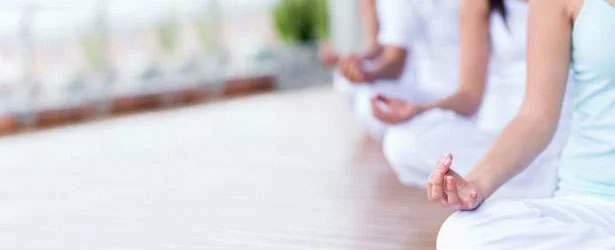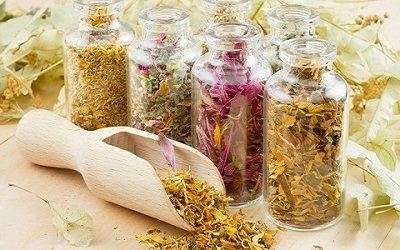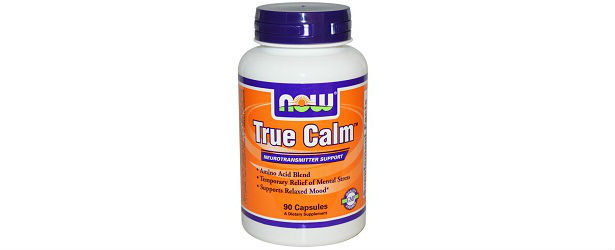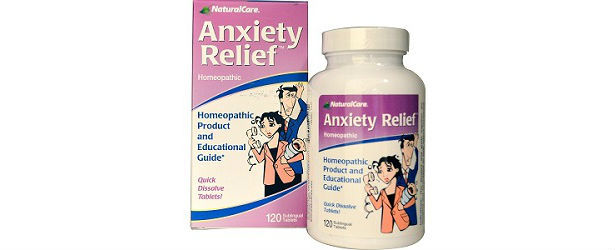
All-Natural Remedies for Anxiety
If you’re searching for natural anxiety remedies, but are afraid of the potential side effects of prescription pills, there are a number of natural anxiety remedies which have helped many people. Some of these might just work for you.
Recommended Treatments for Anxiety
One of the commonly recommended treatments for anxiety is to maintain a healthy lifestyle. This includes eating the right foods, drinking water, getting enough quality sleep, and regular exercise. These can all be effective in keeping feelings of worry and stress under control.
A healthy lifestyle also helps reduce the physical symptoms of anxiety such as fatigue, shakiness, and sweating. Diets high in carbohydrates, without getting enough protein or water, may worsen anxiety symptoms. Make an effort to eat enough protein and complex carbohydrates like whole grains, fruits, and fresh vegetables, instead of refined carbohydrates like sugar and processed food. Also, be sure to drink plenty of water.
In addition, avoid stimulants such as coffee and soda. These are filled with caffeine. Despite their promises to boost energy, caffeine can add to anxiety symptoms such as upset stomach and jitters. Instead, get your energy boost from eating the healthy foods mentioned above.
Nutrients that Help Reduce Anxiety
Nutrients that help reduce anxiety include magnesium, biotin, folic acid, niacin, calcium, and pantothenic acid. The B-vitamins (B1, B2, B6 and B12) also help. The following foods are rich in these vitamins and nutrients:
- Lentils and beans

- Cabbage
- Peas
- Spinach
- Cauliflower
- Dairy products like eggs, cheese, and milk
- Poultry such as chicken and turkey
- Lamb
Food allergies can exacerbate anxiety, so watch for allergic reactions after consuming certain common allergy-causing foods like wheat, eggs, fish, soy, dairy, nuts, and shellfish. If you suspect that you may be allergic to a specific food, simply avoid it altogether. Your doctor can perform allergy tests to figure out definitively whether you are truly allergic to any of these foods.
Getting Enough Rest
Getting adequate sleep is also important. Most of us need at least eight hours of sleep a night. Fatigue and sleepiness can contribute enormously to worry and anxiousness. Getting enough rest helps your mind and your body relax, making you better able to gain control of your thoughts and emotions.
Regular Exercise
Regular exercise has also been shown to help relieve stress and anxious feelings. Exercise not only helps you relax and recharge your body, it also releases endorphin’s – the hormones that create feelings of well-being and happiness in the brain. Fear and negative emotions are alleviated.
Healthy Lifestyle and Techniques
In addition to living a more healthy lifestyle, techniques such as meditation, deep breathing, and aromatherapy are all natural anxiety-lowering remedies. They have been used for centuries. Deep breathing and meditation help relax the body and focus the mind. These practices work best when performed in a dark, quiet room with your eyes closed.
Combine aromatherapy with breathing and meditation for even better results. Plant oils like lavender, jasmine, rose and sandalwood offer a calming, soothing effect. Add these scents to your massage or bath oils or burn incense.
Certain herbs can also be effective in reducing anxiety. Herbs thought to have anti-depressant qualities include:
Although many people suffering from anxiety are often timid about social interaction, talking to someone else about anxiety issues can be helpful. Getting your problems off your shoulders and out into the open can bring relief, while having someone else’s point of view can give you a different perspective on the issues that caused your worries. They may seem less overwhelming and negative.
These natural anxiety remedies have stood the test of time and can be used to combat not just anxiety, but the accompanying physiological and mental symptoms. You may have to experiment in order to find the best blend of remedies for your needs, but ultimately, with patience and perseverance, you’ll find success.
TOP 5
ANXIETYTreatments |
|||||
| AnxiClear | Exulin | Hapinex | MindSoothe | ReloraMax | |
|---|---|---|---|---|---|
| 1 | 2 | 3 | 4 | 5 | |
| Overall Rating | 99.50% | 87.30% | 82.10% | 76.80% | 72.80% |
| Performance* |





|





|





|





|





|
| Speed of Results* | Extremely Fast | Good | Good | Average | Average |
| Quality of Ingredients | Premium | Good | Good | Average | Unknown |
| Customer Satisfaction Evaluation | 99.40% | 85.30% | 80% | 74% | 70.30% |
| Safety Evaluation | Safe for Use | Safe for Use | Safe for Use | Safe for Use | Safe for Use |
| Customer Service Rating |





|





|





|





|





|
| Reorder Rate | Highest | Good | Average | Average | Average |
| Return Policy | Risk Free | Unopened | Unclear | Good | Risk Free |
| Success Rate* | 99.40% | 86.20% | 81% | 74.50% | 69% |

 Subscribe Now
Subscribe Now












